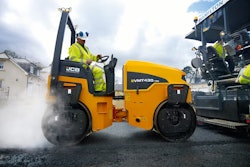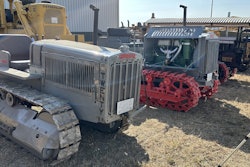There is an eerie desolation on San Francisco’s Market Street, where looming sky rises that once housed booming dot-com companies in the late 90’s are now standing empty. It was only when the Internet boom busted, office rents fell, and vacancies rose to an all time high that developers decided that office buildings weren’t what the bay area needed after all.
Developers are now taking empty office space and converting them into the city’s hottest commodity: housing. The change in vision has come at a time when office rents have fallen 60 percent in the last two years. In early 2001, corporate rents were the highest in the country, averaging at $80.16 a square foot. Fifteen million square feet of office space is now empty.
“It’s a ghost town,” Robert Larscheid, senior vice president of the Axiant Group told the Los Angeles Times. “There’s no migration at all from the financial district and no new business enterprises.”
The developers’ unique solution to convert the space fills the vacancies while solving an over-crowded housing problem. In San Francisco, the median home price is $568,000; something only 14 percent of the population can afford. The city also has the second highest rents in the country, averaging $1,832 a month, according to RealFacts.com.
“Housing in San Francisco so far has been a very strong performer,” Ezra Mersey, Managing Director for Tishman Speyer Properties, told the LA Times. “We’re confident it makes sense.”
Her company is currently converting the top half of a 40-story office building at 575 Market St. into 130 apartments. Before the conversion, the former ChevronTexaco building was 87 percent vacant.
Another development firm, A.F. Evans Development Co., plans to take part in the housing trend, building 165 apartments in the industrial area. The company also expects to create 250 apartments in a warehouse that was meant for office space.
“Just about every office developer in San Francisco has considered the residential option,” developer Douglas Rosenberg told the LA Times.
Rosenberg once expected to build a 110,000 square-foot office complex south of Market St. He now is in the process of planning a 110-unit condominium project at the site.
While the switch from corporate space to housing will ease the money lost from empty buildings and help lower the cost of apartments in the city, the amount spent on conversions will inevitably limit the payoff. Some developers, however, see it as an opportunity to expand and serve the city’s needs while fixing a vacancy problem that has no other foreseeable solution.







